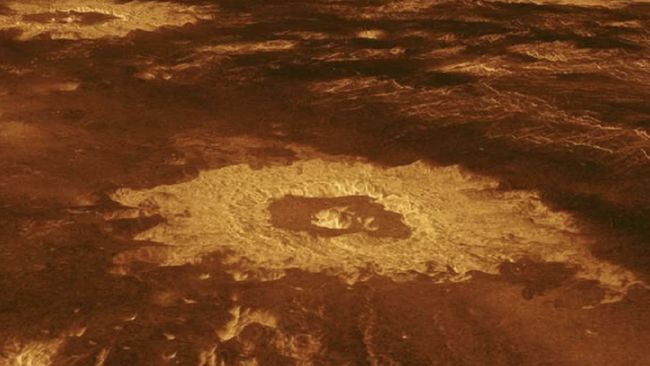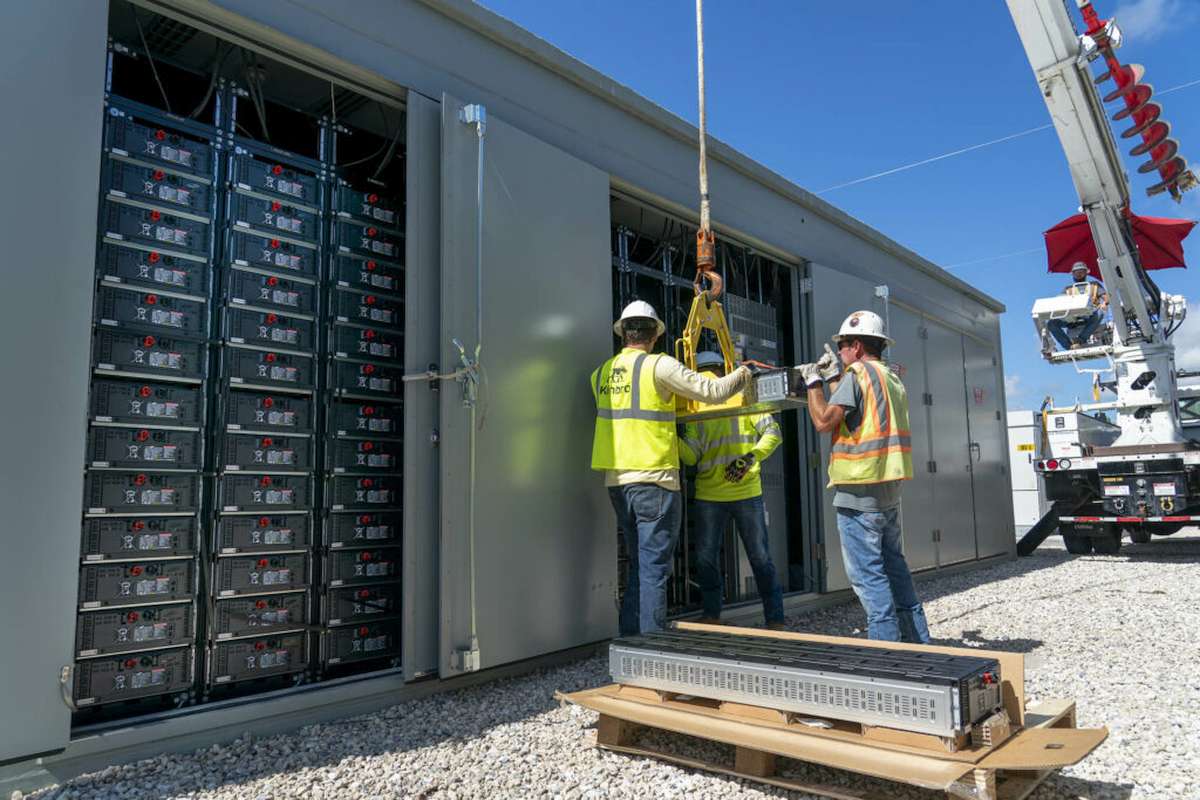Jakarta, CNBC Indonesia – Venus is touted as a friendly planet for life because it stores water reserves. In the past, Venus was indeed a planet that had a rocky surface and a liquid core.
However, extreme climate change has turned the planet into ‘hell’. Venus becomes hot which is exacerbated by its gas-filled atmosphere.
The planet’s water reserves are now then evaporated through the atmosphere, and just disappeared into space filled with darkness.
Either way, the cycle on this planet is broken. Nothing, not even robots or similar devices, can survive on this planet.
So, can the Earth that we live in now change like Venus?
Earth is currently experiencing extreme climate change. However, experts assess climate change caused by humans will never make Earth like Venus.
“Human-caused climate change has never been so bad,” said Giada Arney, planetary scientist at NASA’s Goddard Space Flight Center, quoted by The Post, Sunday (12/25/2021).
For the past 4.6 billion years, Earth has kept its climate in balance through a process known as the carbon cycle. Some of the atmospheric carbon is taken up by the oceans, and locked into rock in the form of calcium carbonate or limestone.
The movement of tectonic plates pulls the rock into the Earth’s interior, where carbon can be stored for thousands of years before being released back into the atmosphere by volcanoes.
The carbon cycle becomes Earth’s thermostat, as it keeps temperatures from swinging too far in extreme directions. When a volcano is very active, carbon builds up in the atmosphere, trapping heat as happens in the greenhouse effect.
However, rising temperatures can cause more rain to erode the rock, which releases the material to make calcium carbonate and locks the carbon in the form of shells, limestone and other rocks and cools it back down.
Scientists suspect that Venus once had its own thermostat. The spacecraft sent to investigate the atmosphere of Earth’s twin planet found the remains of water molecules.
This is proof that at one point, the planet was able to keep its temperature under control. But when the planet gets too hot, the water evaporates and forms clouds in the atmosphere that reflect sunlight back into space. If the planet had plate tectonics, as some researchers think, that system would help modulate carbon.
Today, Venus is cited as an example of the runaway greenhouse effect, a testament to how a planet can change when the cycle that balances its climate is broken.
The temperature on its surface is more than 450 degrees Celsius. The crushing pressure of an atmosphere thick with sulfuric acid clouds is as intense as we would experience if we were half a mile beneath Earth’s oceans.
If that wasn’t enough to kill you, another picture would be if we breathe air that is made up of 96% carbon dioxide.
“The gradual brightening of the Sun that turns Venus very hot, could one day happen to Earth, at least in the next few billion years,” Arney said.
Scientists don’t see Earth becoming like Venus any time soon. However, the likes or dislikes of climate change have indeed been in the spotlight in the last decade.
“The planetary system is kept in very fine balance. It’s important for humans to realize that it doesn’t take much to change the balance and it does change things fundamentally,” said Paul Byrne, Planetary Scientist at North Carolina State University.
(Cha Cha dance)
– .


